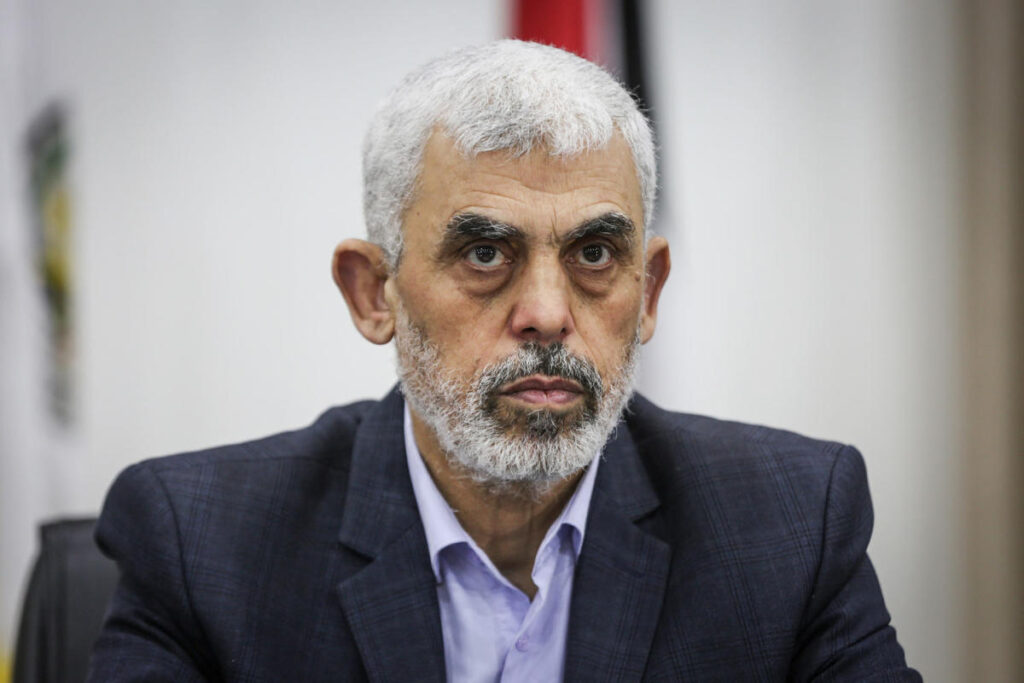On October 7, 2023, a significant military operation conducted by Israel resulted in the death of Yahya Sinwar, the recently appointed mastermind of Hamas, according to Israeli Prime Minister Benjamin Netanyahu. Sinwar was killed in southern Gaza as part of an ongoing conflict initiative in response to the devastating attacks carried out by Hamas on that fateful day, which resulted in the deaths of approximately 1,200 people and the abduction of around 250 hostages. The Israeli Defense Forces (IDF) confirmed that while Sinwar was not specifically targeted in the operation, he was identified amidst a broader conflict that involved heavy gunfire. The implications of Sinwar’s death are profound, given his rise to power within Hamas and his critical role in the organization’s governance and militant strategies.
Sinwar, who had taken over Hamas’ political leadership following the assassination of Ismail Haniyeh in July 2023, was pivotal in the group’s operations and strategies prior to the events of October 7. Known for his direct involvement in militant activities and influential role within Hamas, his leadership was marked by a strong stance against Israeli actions. After rising through the ranks of Hamas since its founding in 1987, Sinwar had also been imprisoned for years due to his involvement in violent acts against Israel but was freed as part of a prisoner exchange. His death represents a significant blow to Hamas and could potentially destabilize the organization’s leadership structure during a critical phase of the ongoing conflict.
In the aftermath of Sinwar’s demise, reactions varied among stakeholders involved in the ongoing conflict. The Hostages and Missing Families Forum Headquarters, representing families of those abducted, expressed cautious optimism that this significant event could catalyze the return of hostages still held in Gaza. Of the 250 captured during the October attacks, 154 had been released, yet 101 remained imprisoned. Families affected by the hostage situation recognized Sinwar’s death as a potential turning point that might pressure Hamas to reconsider its stance regarding hostages in lieu of its weakening command structure.
Experts and analysts echoed mixed sentiments regarding the implications of Sinwar’s elimination. While many Israelis celebrated the news as a morale booster and a political victory, some experts, like Ronni Shaked from the Hebrew University, expressed skepticism regarding its impact on the hostage crisis. Shaked emphasized that the situation for those kidnapped will not substantially change, regardless of Sinwar’s death, suggesting that other factors are involved in resolving the hostage situation. Meanwhile, Rashid Khalidi, a seasoned analyst, termed the situation a “Pyrrhic victory,” arguing that the killing would not diminish Hamas’s resolve against Israeli occupation.
Additionally, Israeli Foreign Minister Israel Katz highlighted that Sinwar’s death might usher in potential changes in Gaza’s political landscape, where Hamas’s influence could be curtailed. This would reflect broader aspirations of the Israeli government to reshape the conflict dynamics and engage in separate negotiations with Palestinian factions. The hope among Israeli officials is that Sinwar’s removal might create conditions conducive for negotiations, although skepticism remains regarding Hamas’s long-term resilience and operational capabilities in response to a leadership vacuum.
Despite the high hopes surrounding the assassination of a key Hamas figure, the broader context remains precarious. Reports estimate that over 42,400 lives have been lost in Gaza since the escalation began following the October attacks, underlining the complex humanitarian crisis emerging alongside military operations. The ongoing conflict demonstrates a cycle of retaliation and survival, raising challenges for both sides attempting to navigate a path towards de-escalation. In the face of profound losses and escalating tensions, the conflict’s trajectory remains uncertain, with questions surrounding potential resolutions continuing to rise amid continued violence and suffering on both sides.

